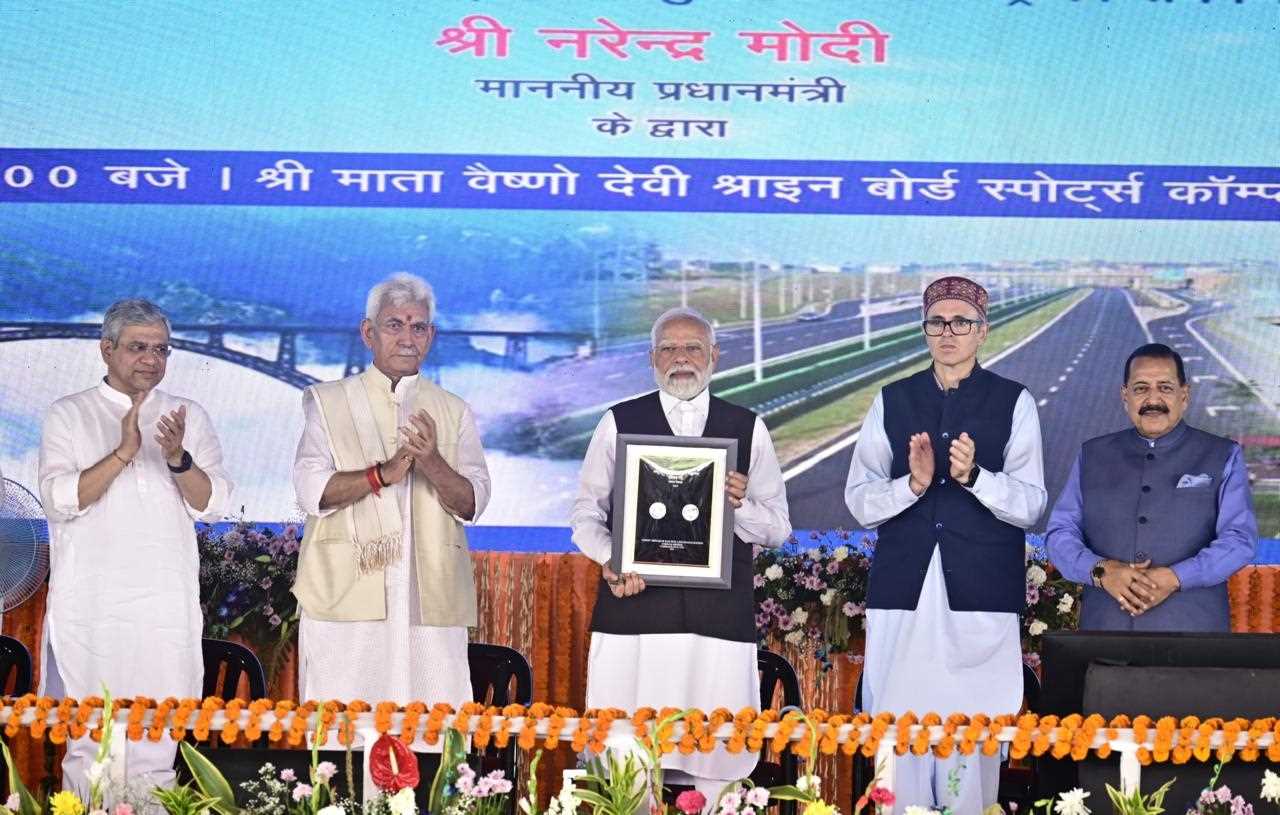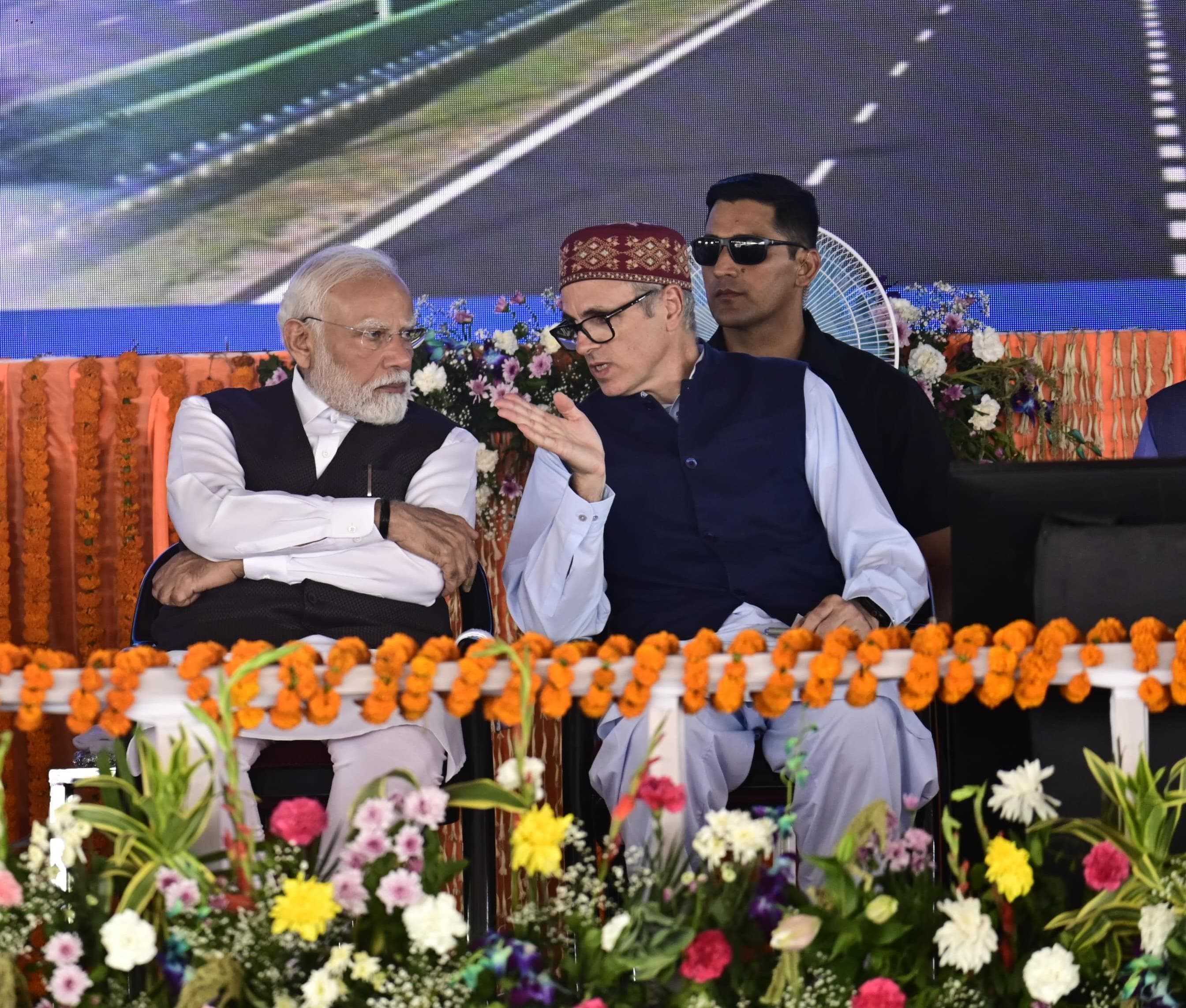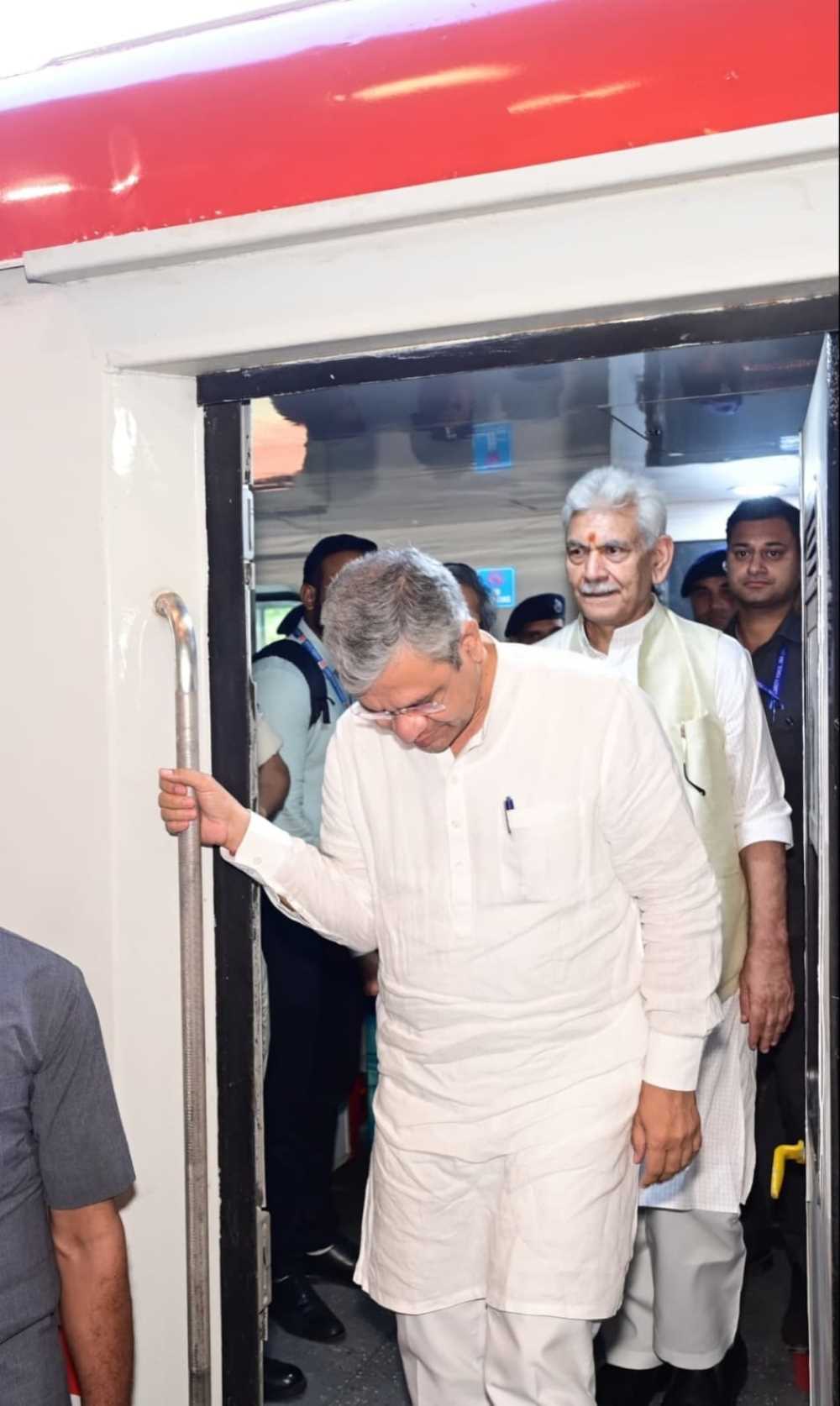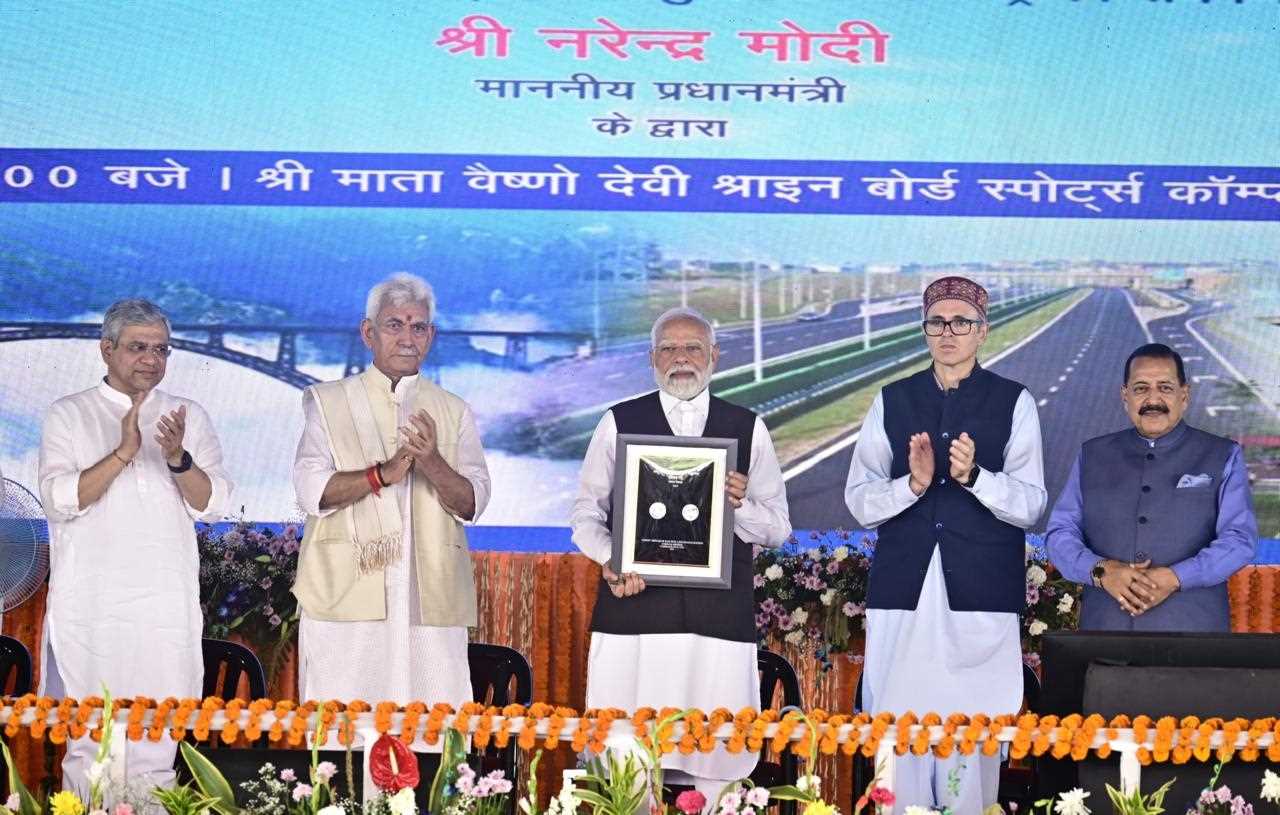As the sacred festival of Eid-ul-Azha (Festival of Sacrifice) approaches, the Muslim world buzzes with the spirit of devotion and preparation. Markets overflow with goats, rams, bulls, and camels. Families engage in choosing the best animals, bargaining prices, and preparing for the noble sacrifice. But amid this outward enthusiasm, we must pause and reflect:
Why do we sacrifice — and for whom?
The Divine Origin: Sunnat-e-Ibrahim (A.S.)
The roots of Eid-ul-Azha lie in the unparalleled submission of Prophet Ibrahim (A.S.), who, upon seeing a dream where Allah commanded him to sacrifice his beloved son Ismail (A.S.), did not hesitate. The Qur’an recounts:
“So when they had both submitted and he had laid him down upon his forehead, We called to him, ‘O Ibrahim, you have fulfilled the vision.’ Indeed, We thus reward the doers of good. Indeed, this was the clear trial.”
(Surah As-Saffat, 37:103–106)
In reward, Allah replaced Ismail (A.S.) with a ram from Paradise — and thus began a sacred Sunnah for all generations to follow.
Who is Obligated to Sacrifice ?
Qurbani (sacrifice) is a profound act of devotion, but it is not obligatory for everyone. It applies to:
Obligatory for: Every sane, adult Muslim who owns wealth exceeding the Nisab threshold on the days of Eid.
Not obligatory for: Children, those in debt, or those lacking sufficient means.
The Prophet Muhammad (PBUH) warned:
"Whoever has the means and does not offer the sacrifice, let him not approach our place of prayer."
(Sunan Ibn Majah: 3123)
Animal Requirements: Age, Health & Sincerity
Not all animals qualify. Shariah outlines strict conditions
Goats/Sheep: At least 1 year old, or 6 months if exceptionally healthy (Sahih Muslim).
Cows: At least 2 years old.
Camels: At least 5 years old.
"Do not sacrifice except a mature animal unless it is difficult for you, in which case sacrifice a young sheep that looks like a grown one."
(Sahih Muslim: 1963)
The animal must be free of major defects: no blindness, sickness, limping, or extreme thinness. It’s not just a formality — it’s an offering of sincerity and excellence to Allah.
Why Do We Sacrifice? The Real Message
Qurbani is not about meat or show, it’s about taqwa (God-consciousness).
"It is neither their meat nor their blood that reaches Allah, but it is your piety that reaches Him."
(Surah Al-Hajj, 22:37)
Eid-ul-Azha is a call to slaughter not just animals — but also our ego, pride, and materialism. It is about submitting to Allah’s will — even when it’s difficult.
The Painful Reality: Show vs Sincerity
Sadly, today’s Qurbani often becomes a display of wealth. Animals are paraded like trophies, their prices flaunted on social media. The spirit of Sunnah is being drowned in extravagance and competition.
📉 True Qurbani is humble, quiet, and heartfelt — not loud, showy, or boastful.
Share the Joy: What About the Needy?
The Prophet (PBUH) instructed:
"Eat of it, feed the needy, and store it."
(Sahih Bukhari)
The meat should ideally be divided:
1/3 for yourself and family
1/3 for relatives/friends
1/3 for the poor
Yet many orphans still go without food or joy on Eid. Many widows prepare no feast. Some children wear old clothes, watching others celebrate in silence. Where is the compassion? Where is the equality Eid promises?
When Should the Animal Be Brought?
Islam recommends bringing the animal a day or two before Eid, feeding it, and allowing children to understand and emotionally connect with the sacrifice.
“The Prophet (PBUH) would prepare the animal and even mark it while it was in Madinah before taking it for sacrifice.”
(Sahih Bukhari, Sahih Muslim)
Rushing to buy and sacrifice the animal on Eid day often reduces the ritual to a mere task, stripping away its spiritual meaning.
Eid-ul-Azha: More Than Just Sacrifice
Eid is also about other acts of worship:
Offer Eid Salah in congregation
Recite Takbir from Fajr of 9th Dhul Hijjah to 13th
Visit the sick, help the needy, forgive others
Make du’a, spread peace, and show gratitude
“The most beloved deeds to Allah on the days of Eid are shedding the blood (of sacrifice), feeding the poor, and remembering Allah in abundance.”
A Final Thought
This Eid, let’s revive the essence of devotion, humility, and humanity. Ask yourself:
Have I shared with a poor family?
Have I bought new clothes for a child who has none?
Have I brought joy to an orphan or widow?
Eid-ul-Azha is not the celebration of wealth — it is the triumph of submission.
Let our sacrifices rise not in smoke, but in sincerity.
Email:--------------------aasifdar46@gmail.com






